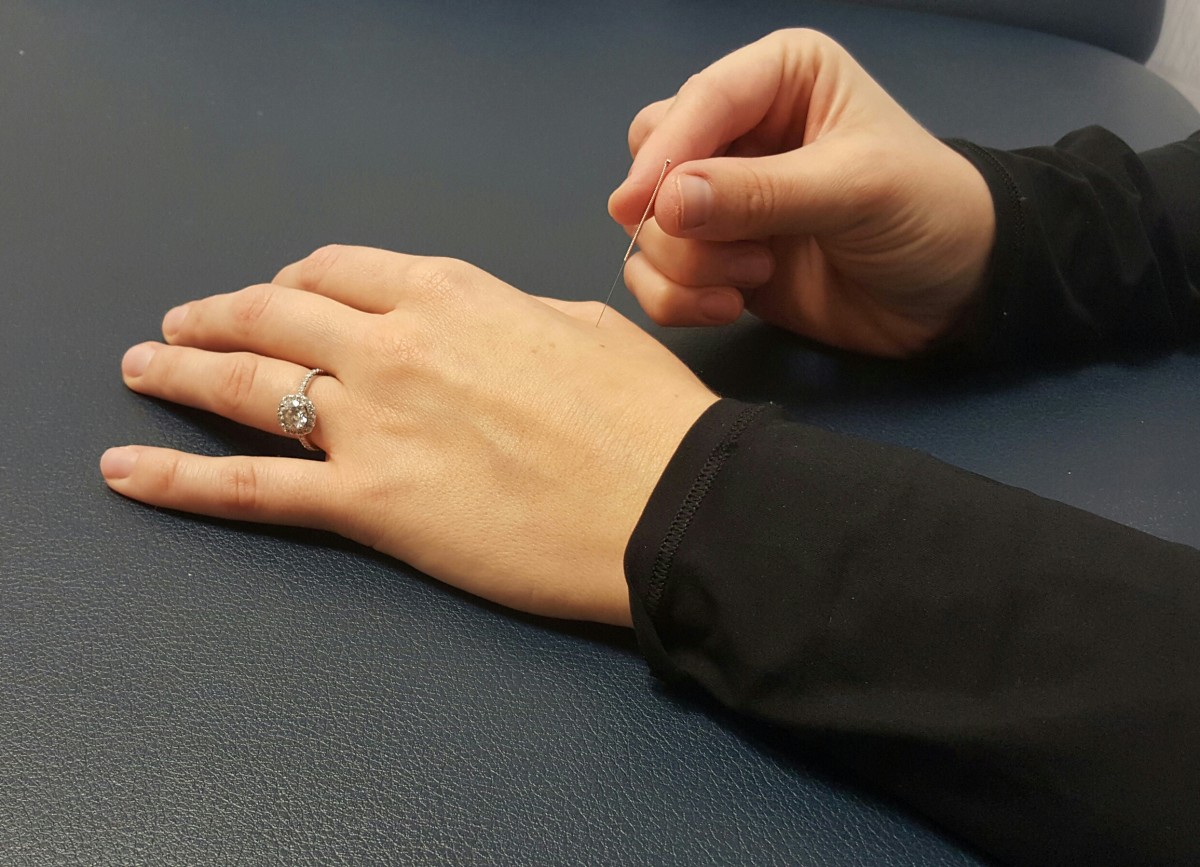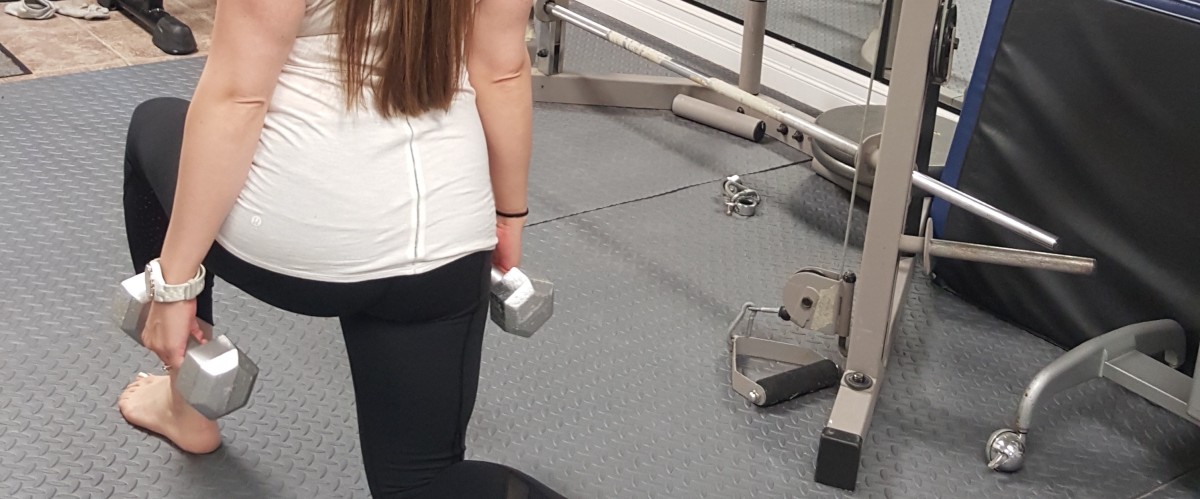-
Non-Surgical Spinal Decompression / Mechanical Traction
The relief of pressure on one or many pinched nerves (neural impingement) of the spinal column. This can be done either manually by the therapist, or mechanically with a traction table in which you are strapped carefully to the table while a machine gently applies a traction (pulling) force to alleviate the pressure on the…
-
Manual and Manipulative Therapy

Manual and Manipulative Therapy (massage, soft tissue techniques, joint mobilization, spinal manipulation) There are many types of manual (hands-on) therapy that your physiotherapist may be trained in: Soft Tissue Techniques Passive movements applied to soft tissues of the body including muscles, ligaments and fascia. Examples include: massage, myofascial release, stretching, mobilization with movement Joint Mobilization A…
-
Acupuncture

Acupuncture treatment involves the insertion of very fine, single-use needles through specific acupoints on the body. This therapeutic method is used to relieve pain, inflammation, and restore function by encouraging natural healing. How does Acupuncture work? Acupoints are located along meridians. Meridians are believed to be qi (energy) pathways along which qi flows through the…
-
Thermal Energy and Electrophysical Agents
Thermal Energy Hot packs Application of heat helps to decrease pain and muscle spasm, and increase extensibility of joints, muscles, tendons, and scar tissue, thus allowing same advances during,and directly following, treatment. Icepacks Ice or cold application helps to decrease swelling and pain, and is especially effective in acute injuries in which inflammation is still a…
-
Functional Dry Needling
Functional Dry Needling is a therapeutic treatment procedure that involves multiple advances of a small filament needle into the muscle in the area of the body which produces pain and typically contains a trigger point. How does Dry Needling work? In short Dry Needling can be used to increase range of motion, decrease pain and…
-
Exercise Prescription

Physiotherapists are experts in exercise prescription. As part of physiotherapy training, your physiotherapist is highly trained in exercise physiology (the science of exercise). Your physiotherapist is therefore able to assess and diagnose your injury, AND prescribe injury or fitness appropriate exercises tailored for your recovery or goals. Your physiotherapy treatment includes the careful selection and instruction of specific exercises…
